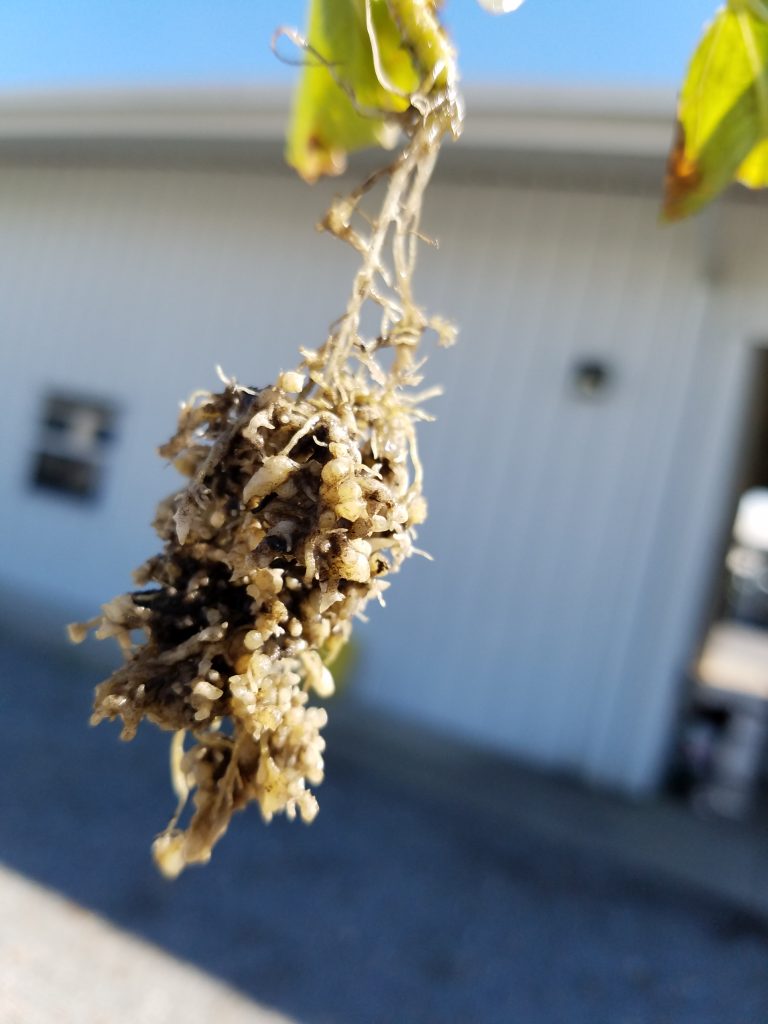By Clint Thompson
University of Florida Institute of Food and Agricultural Sciences (UF/IFAS) scientist Johan Johan Desaeger believes an integrated strategy is the best long-term approach for producers trying to manage nematodes.

Growers are more dependent on fumigants like Telone, especially with the phase-out of methyl bromide. They effectively control nematodes, microscopic worm-like pests that have a wide host range. However, there’s no certainty they will be available in the future.
“We’re basically trying to come up with ways to manage nematodes in a more integrated way. Traditionally it’s been, we fumigate and then we take care of nematodes. But I don’t believe it’s a sustainable option in the long term,” said Desaeger, assistant professor of Entomology and Nematology at the UF Gulf Coast Research and Education Center
“We have a responsibility as university people to really look at alternatives in the mid-term and long-term so when things happen, growers are prepared, and we have alternatives in place.”
Alternative Methods
UF is currently studying alternative control methods like non-fumigant nematicides and cover crops.
Nematodes will always be a challenge for Florida’s specialty crop farmers, due in large part to the state’s sandy soils and its warmer climate.
“In general, Florida is a perfect habitat for a lot of nematodes. It’s our diversity of crops, and it’s our sandy soils. I think that’s one of the big things that separates Florida from other states is our soils are very sandy. For most nematodes, that’s just what they like,” Desaeger said. “Methyl bromide was a great product. It’s so volatile. You inject it in the soil and distributes equally across the whole volume and it was very effective. There’s never been a direct replacement, and I don’t think there ever will be a direct replacement. Nematode management has become more challenging.”
Fumigation is the process of releasing fumigants to suffocate and kill certain pests within the soil, specifically nematodes. It is currently the most effective way to kill nematode populations.
“I think the need for fumigants, it’s there. We have serious problems, and fumigants are still the most effective tools to manage nematodes here in Florida. Since the phase-out of methyl bromide, problems probably have increased, not just for nematodes but also for soil diseases,” Desaeger said.









